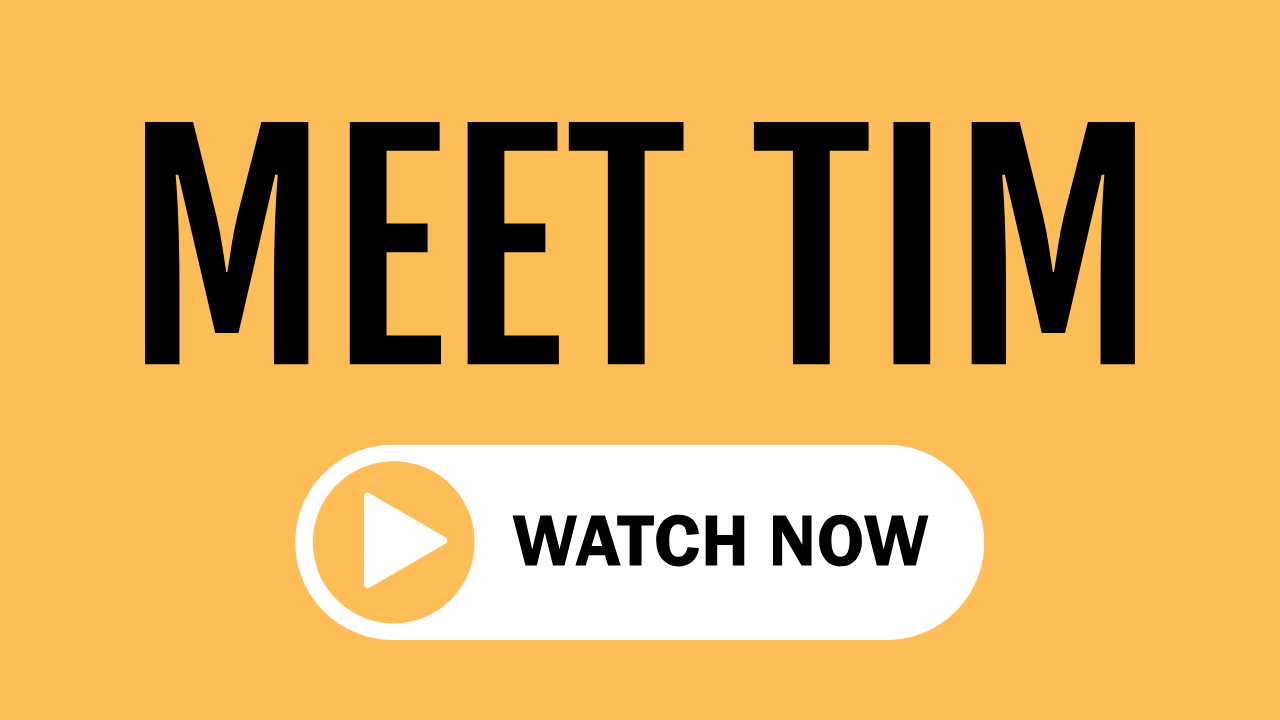Talking with the Mental Health Care Bears at the AAMFT 2018 Annual Conference
There's a first time for everything. Personally, I’d never spoken to a group of 900 therapists and counselors before. Now I have.
Most of us talk to therapists one at a time, if at all, and we're usually sitting down. But I just got home from doing my appearance as a healthcare keynote speaker for the American Association for Marriage and Family Therapy, at the AAMFT 2018 Annual Conference. No couch, just a microphone and my slides.
I referred to them as mental health care bears and repair bears. They didn’t seem to mind. But this was only a smattering of the millions of mental health practitioners that support us through thick and thin, to help us think and act better when called upon. My question is, why only when called upon?
Maybe I’m crazy, but why do we have a system that relies on mental health professionals to always be called upon rather than assimilated into the fabric of our best practices and basic institutions?
I’m glad I still have a decent set of choppers — but think how ingrained the concept of flossing and brushing those molars is, from kindergarten to the grave. Why does an early discussion of mental health rank behind flossing? Why does a mental health check-in and/or check-up often require too many things to derail before we call upon an expert?
I’m fortunate to have a happy-go-lucky eight-year-old daughter, but then again rumor tells me things start to get crazier with kids down the road. So for now my point is: I wouldn’t mind if there were a mental health teacher who began to discuss what a healthy mind is and isn’t. I wouldn’t mind if there were a coach or counselor who she knew would be asking her about sleep, homework, friends, screen time and so on.
In short, I wouldn’t mind for someone to be a part of my daughter's schools who was there to teach and reinforce good mental flossing habits. Why does something that sounds so common sense and even essential also sound equally impossible?
I realize this question deserves a national discussion rather than FB likes and hearts — but rather than go long-form, I’d like to leave you with two of the hundreds of fantastic responses from my questionnaire that I posed to the AAMFT members. (And by the way, a huge thanks to all of you who responded to my request for input as well while I was preparing this presentation. You did a massive favor for my own mental health.)
One of my questions asked therapists to share the short version of what brought them into their field. I asked them to think like quotes on a book cover — and boy, did they knock this one out of the park. So I’ll shut up and let them bring this post to a positive resolution with three of my favorites:
“I had a cat who listened without interrupting me, who showed me the comfort of presence and purring. The simple is very complex and the complex is very simple.”
“The realization that everything is connected. Mind, body, spirit, relationships — no matter the culture we are from — and that healing can only occur when these connections are realized.”
“I've always been drawn to mystery books and movies ... and people are the greatest mystery. I wanted to help solve who someone is by revealing the pieces.”
#AAMFT18
Photo Credits:
Jigsaw Puzzle by Charles W. Hamm, via Wikimedia Commons



